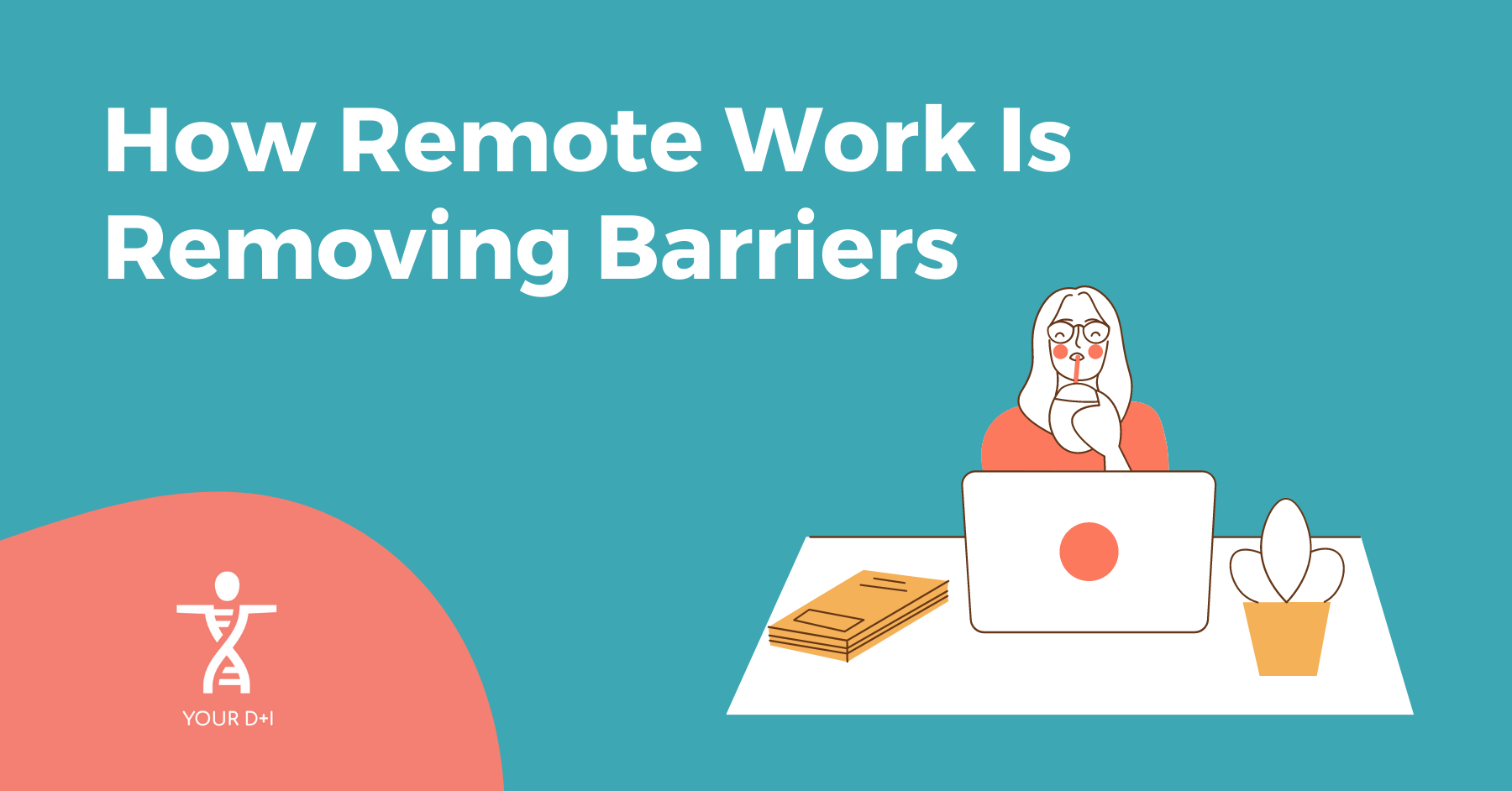How Remote Work Is Removing Barriers
There are many things to hate Covid-19 for, but one tiny saving grace it has produced is a normalisation of remote work. Before the outbreak and the subsequent lockdowns, the world was seeing a steady increase in working from home anyway. However, due to lockdown, more of us than ever are now working from home, whether that be in a cushy home office or at the dining room table.
It’s true that when lockdown ends, many people will go back to normal. But, for some of us, our sense of ‘normal’ is changing. In fact, we are predicted to see double the remote workers after Covid-19 compared to before the pandemic hit. Whether you are a student or a CEO, the benefits of working from home (and not looking back after lockdown) are seemingly endless.
Personal and business benefits
For one, the commute is undeniably easier. That – along with the homemade lunches – also means you save money working remotely. And that’s just the beginning. Remote work often comes with added flexibility, meaning you can fit work around your life instead of the other way around. Not to mention the extra time with your pets (that is if you can resist the literal puppy dogs eyes all day).
And businesses benefit too. For one, they also save money when their employees work from home. Running (and owning) office space, as well as the purchasing of equipment and reimbursing of travel that comes along with this, is a huge expense saved when working remotely. In many cases, remote work also improves the productivity and happiness of staff and, therefore, the company as a whole. Additionally, businesses can look forward to significantly reducing their carbon footprint.
Removing barriers for businesses
However, the biggest advantage of remote work for both employees and employers has to be the barriers it removes. The most obvious of these barriers is location. If you’re working from home, it doesn’t really matter where your home is. This means that companies can now hire within a much wider radius of their own location. Doing so increases the application pool significantly for every hire, which is great for businesses and candidates alike. Being able to work with those in more distant locations also means being able to work with those from different cultural backgrounds. This is great news for those wanting to gain more diverse thought and break cultural barriers.
Removing barriers for employees
The fact that work can be done from more remote locations also allows for more social mobility. Those from low socioeconomic backgrounds may not be able to relocate for work, especially if the area is more expensive like London, or drive to jobs further away. This is also the case for many students looking for placements and graduates looking for their first role. Because of remote work, however, more opportunities that do not require travel are appearing on the job market.
The lack of commute when working remotely also opens roles up to more neurodiverse talent. Those with autism, for example, might be put off certain jobs with a commute that puts them in stressful situations like crowded trains. Working from home removes the stressful environments that come with travelling and even those at work too. While companies can provide reasonable adjustments for their disabled staff, there are limits to how much they can alter an office space. When working from home, however, neurodiverse individuals are already in a space that works for them.
Remote work can also break barriers for those with other disabilities. Those flexible schedules we mentioned earlier? Those can be especially important for disabled individuals as well as carers. Being able to schedule work around medical appointments, for example, means that some who were previously unable to work now can. Some people with mobility impairments who are unable to commute may now have the option to work due to the increased opportunities in remote work too.
Remote work will continue
The barriers broken when work is remote are innumerable, and many of them even help diverse talent and businesses wanting to improve their Diversity + Inclusion. In addition, recent graduates can now expect more options than ever in terms of the companies they can work for. While Covid-19 has shook up our lives in many unpleasant ways, it has undeniably brought us closer to a future of happier work lives.

